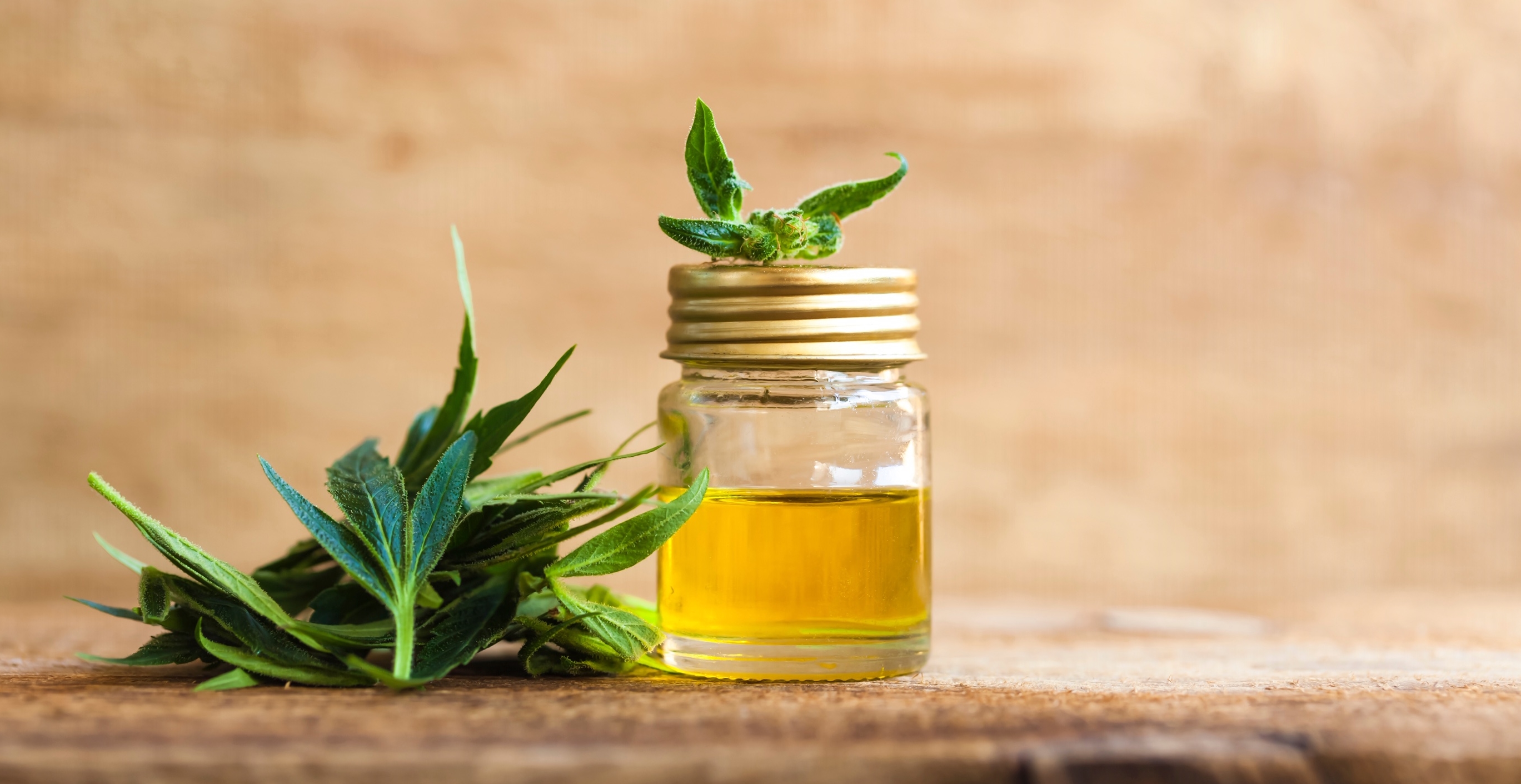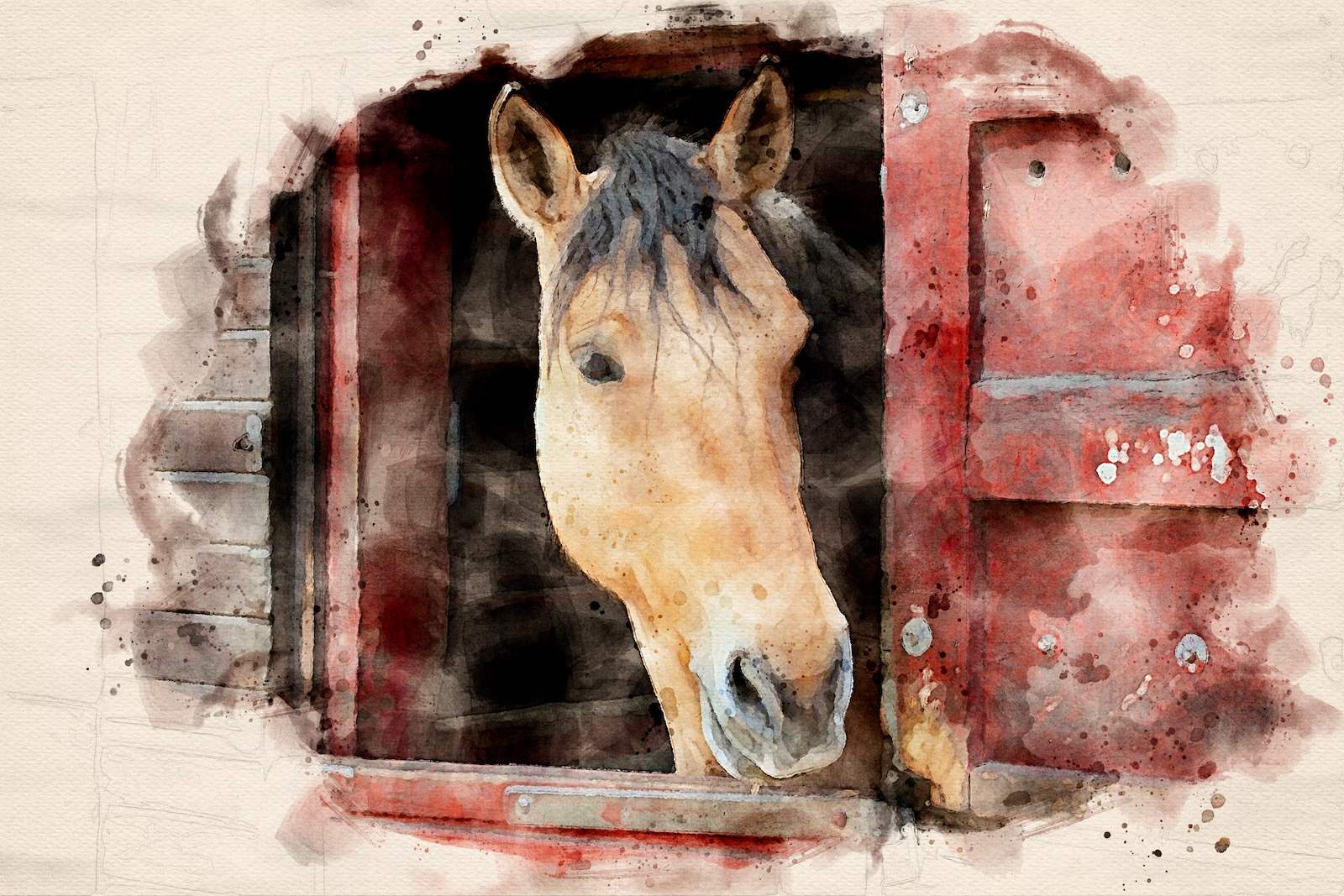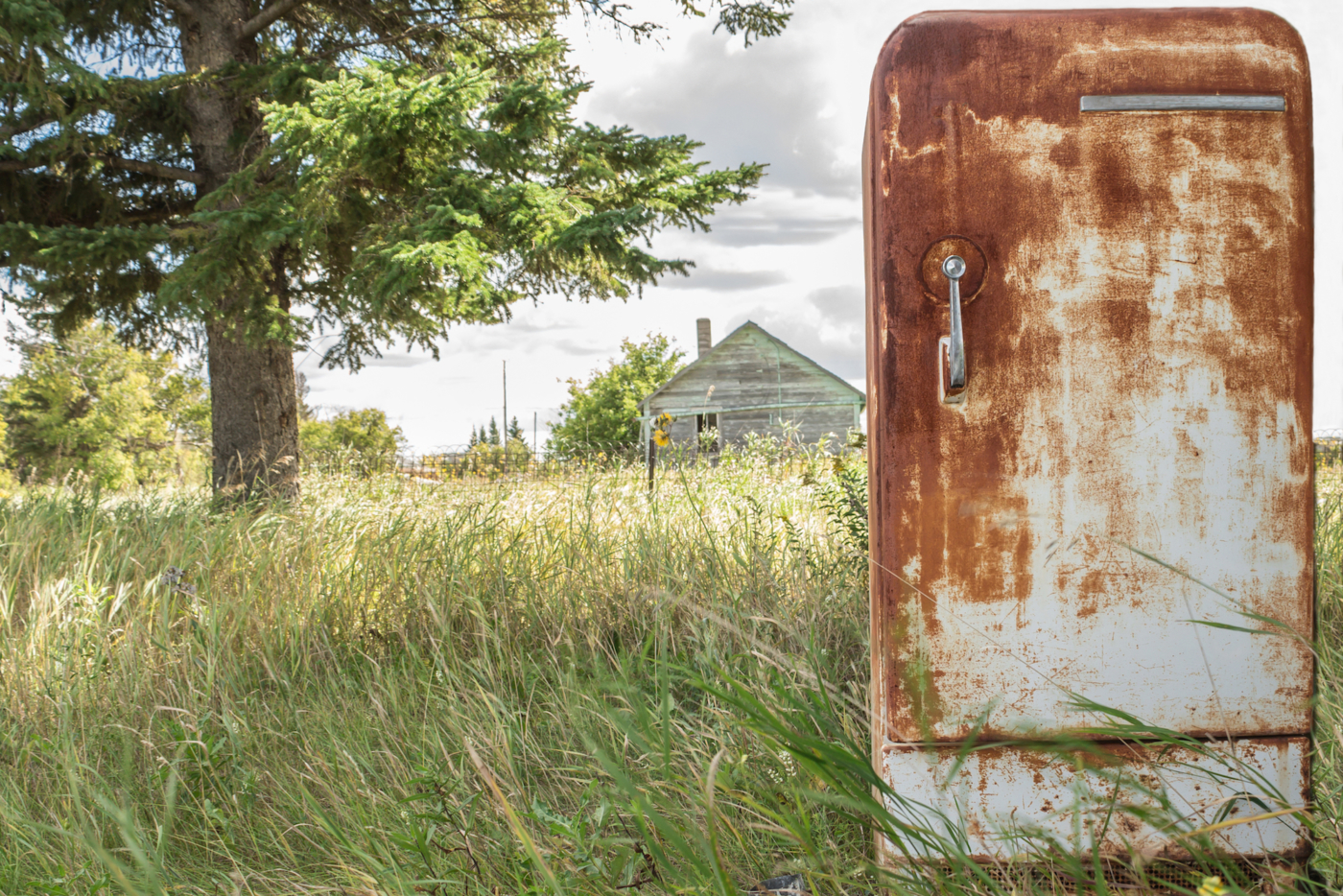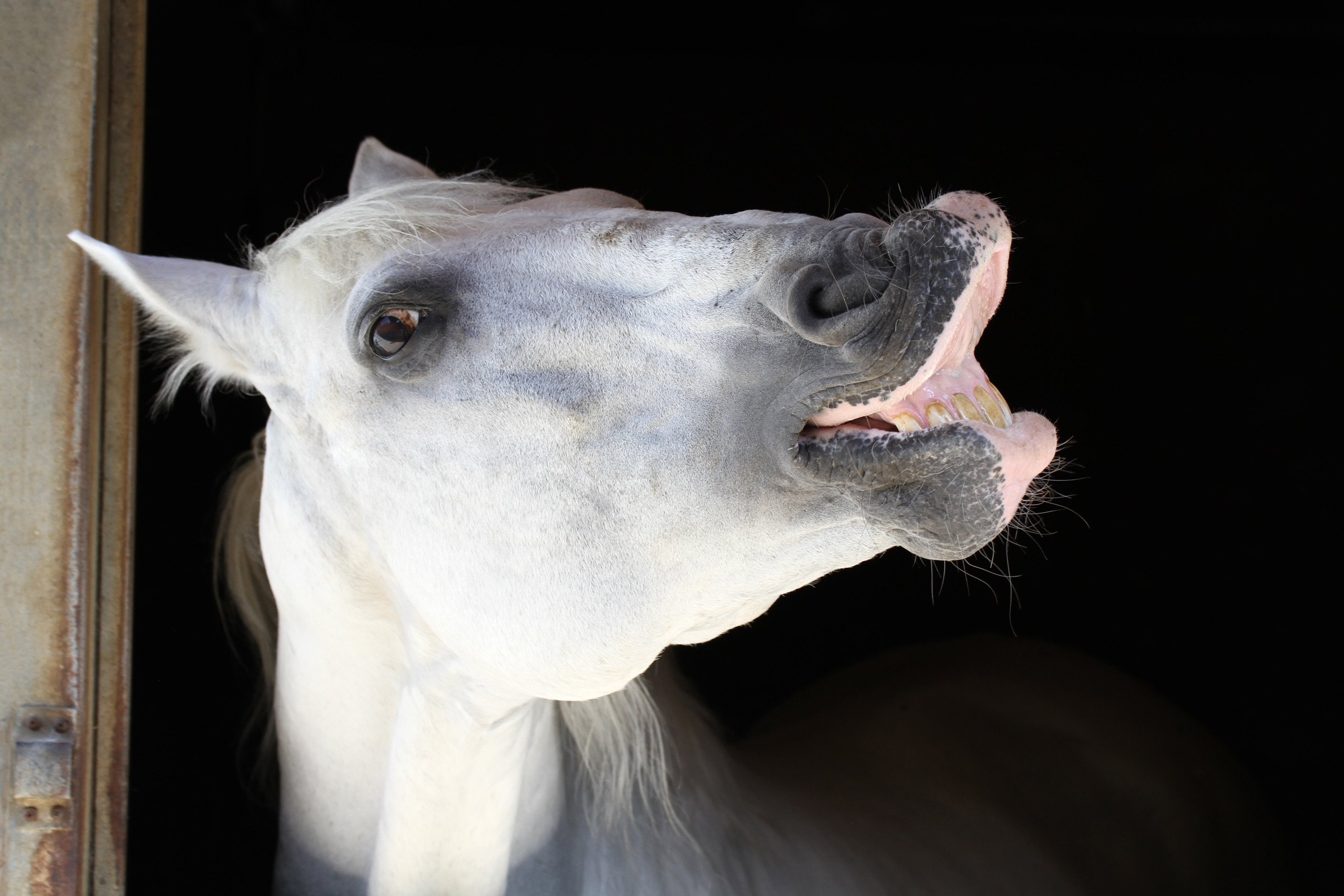If the abbreviation “CBD” has yet to become part of your daily vernacular, please allow us just a few minutes of your time. Living healthfully has developed into an uber trendy, holistic [and ‘grammable!] lifestyle in the last decade. Subsequently, countless numbers of potions that claim to have anti-aging, anti-inflammatory, anti-fatigue, and anti-everything-else effects have flooded the market (butter coffee, anyone?). Many of these products make myriad promises, but provide little more than a placebo effect, and the fads come and go rapidly (usually with no harm done).
However, occasionally, a fad becomes a fact. Many refused to believe the hype when the therapeutic uses of marijuana first began to be touted decades ago, yet medical cannabis is now a widely accepted form of treatment for a multitude of conditions. In the last few years, hemp (marijuana’s close cousin, and the source of the aforementioned CBD) has begun to garner a bit of respect among the medical community for its potential to relieve symptoms of many ailments as well, and this one might have some staying power.
As with any other miracle tincture, there is a litany of material about CBD on the interwebs, but we figured we’d help cut through all the noise by providing some basic information, plus a few links for some [very dry] fact checking, if you’re so inclined.
What is CBD?
The marijuana with which most people are familiar is a species in the genus Cannabis, and it contains the THC (tetrahydrocannabinol) that is responsible for giving users the giggles and the munchies. Hemp is another species of Cannabis, and like marijuana, it contains CBD (cannabidiol), but lacks the THC component. The majority of CBD on the market is derived from hemp, is sold as hemp or CBD oil, and is alleged to have many health benefits.
So…is it legal?
While the human body cannot tell the difference between the CBD that is derived from marijuana and the CBD that is derived from hemp, the government, apparently, can. CBD derived from hemp is legal on a federal level, but some states still have reservations.
What are the benefits?
TBD. There are a lot of “mights,” and “coulds,” and “potentiallys” in the articles written about it (including this one), and most of the evidence in favor of CBD as a miracle cure is anecdotal. However, conclusive studies support the use of CBD as a treatment for epilepsy, and there is a bit of evidence that it could be an effective treatment for anxiety, as well. Other uses for CBD are largely speculative, but it is purported that it “could” be used as an antipsychotic, antidepressant, anti-inflammatory, and sleep aid.
How does it work?
Science. Research on the endogenous cannabinoid system or ECS (which plays a role in the central nervous system) is ongoing, but studies show that CBD influences the system in a multitude of ways, meaning that it could affect sleep, pain, appetite, inflammation, and immunity (to name a few of the big ones).
What are the side effects?
Dropping the term into casual conversation at dinner parties, and diarrhea (we’re going to file this one under “Words We Thought We’d Never Use on Outside Rein”).
Where should I buy it?
Like all dietary supplements in the US, CBD is only lightly regulated, and the FDA provides zero oversight of the cannabis industry as a whole. In 2015, one study found that 50% of CBD supplements didn’t even contain any. This means that while it’s easy to find CBD-labeled products these days (our favorite TriBeCa coffee shop will even add it to our morning brews), it’s best to purchase from a reputable retailer (this one comes highly recommended).
Why are you guys writing about it on your equestrian-focused platform?
We thought you’d never ask! First, it’s no secret that riders suffer from all sorts of chronic inflammation (not to mention stress and anxiety), and a natural anti-inflammatory seems relevant. But also, CBD comes in a formulation specifically for horses!
(One second while we pick up the mic we just dropped…)
Since horses have an ECS just like humans, theoretically, CBD should affect them similarly. However, we will caution you that we were unable to find any studies to definitively prove this, and CBD dosages can cost from $4-13 per day for an average sized warmblood. Still, many horse folks have spent more on less, so if you want to give it a shot, we recommend this formulation that was developed by a team of equine veterinarians.









